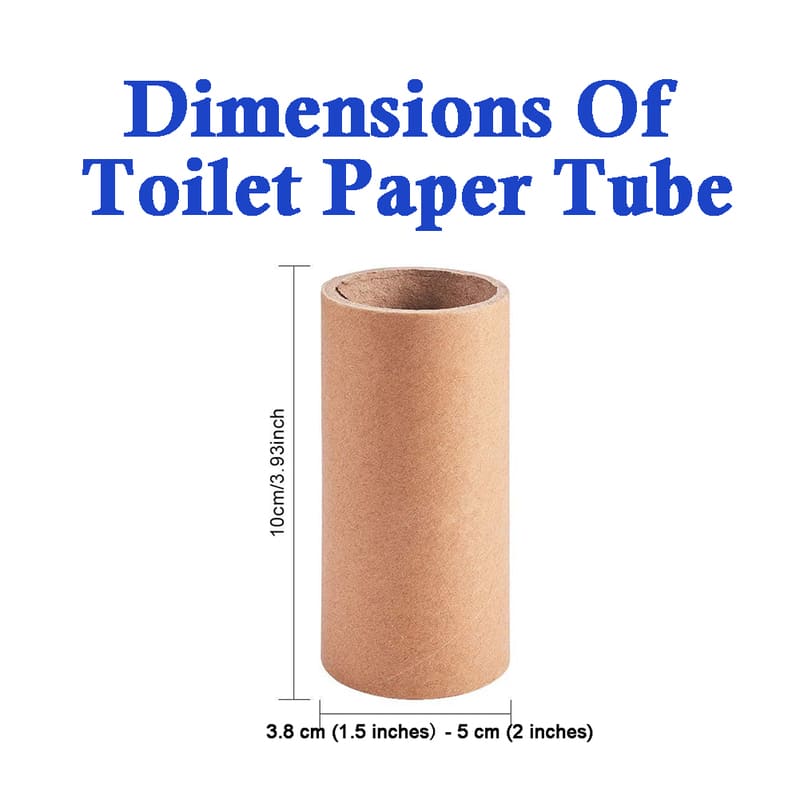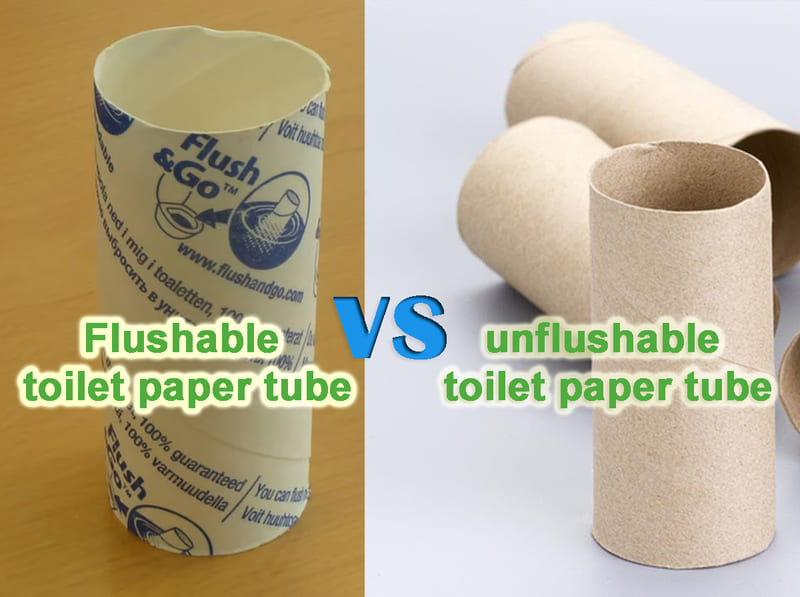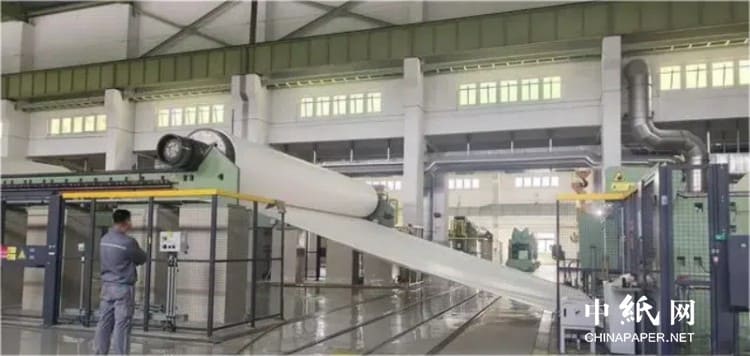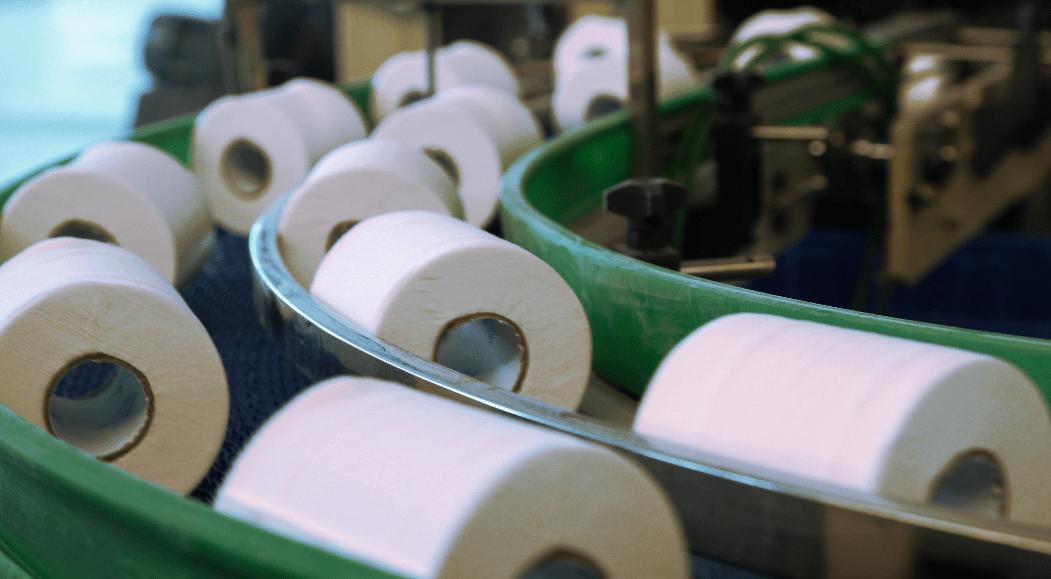Is A Personal Small Business Of Tissue Paper Profitable In Africa States?
Tissue paper is a common household and personal hygiene product that is used for various purposes, such as wiping, cleaning, and wrapping. The global tissue paper market is expected to grow at a compound annual growth rate (CAGR) of 6.1% from 2020 to 2027, reaching USD 102.57 billion by 2027. Africa is one of the fastest-growing regions in terms of tissue paper consumption, with a CAGR of 8.9% from 2019 to 2024. However, the production capacity of tissue paper in Africa is still limited, and most of the demand is met by imports from other countries. This creates an opportunity for entrepreneurs who want to start a personal small business of tissue paper in Africa. But how profitable is such a business, and what are the challenges and keys to success?
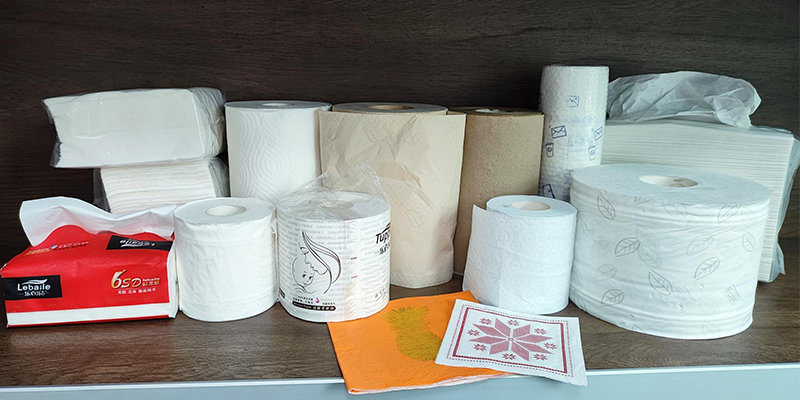
Opportunities for a tissue paper business
One of the main opportunities for a tissue paper business in Africa is the growing consumer market and demand for tissue products in many African countries. According to a report by Euromonitor International, the per capita consumption of tissue paper in Africa was 1.2 kg in 2019, which is much lower than the global average of 4.6 kg. This indicates that there is still a lot of room for growth and expansion in the African tissue paper market, especially as more people become aware of the benefits of using tissue products for hygiene and sanitation purposes. Moreover, the rising disposable income and urbanization of the African population also contribute to the increasing demand for tissue products, as more people can afford and access them.
Another opportunity for a tissue paper business in Africa is the limited local production capacity currently. According to a study by RISI, the total production capacity of tissue paper in Africa was about 1.3 million tonnes in 2018, which accounted for only 2% of the global capacity. Most of the production capacity was concentrated in a few countries, such as Egypt, South Africa, Morocco, Algeria, and Nigeria. The rest of the African countries relied heavily on imports from other regions, such as Europe, Asia, and the Middle East. This means that there is a potential to meet the local demand and substitute the imports by establishing a tissue paper business in Africa. Moreover, the lower costs of production compared to developed markets, such as labor, land, and taxes, can also give an advantage to a tissue paper business in Africa.
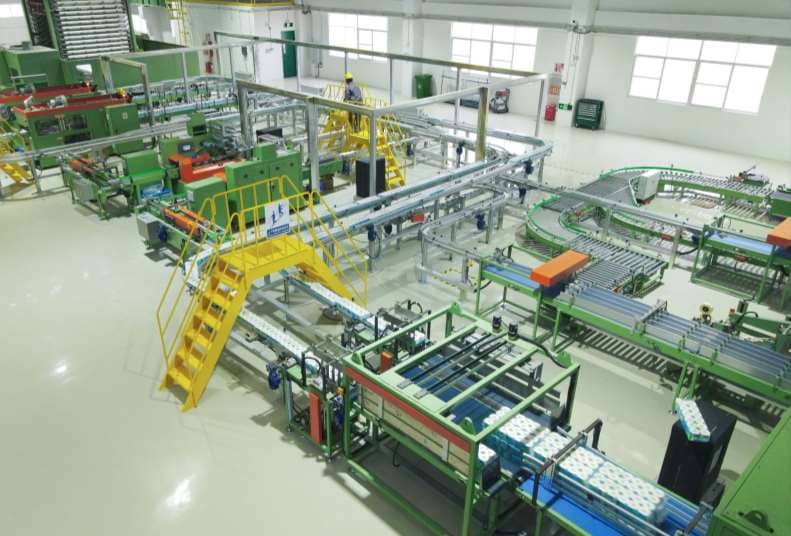
Challenges for a tissue paper business
However, starting and running a tissue paper business in Africa is not without challenges. One of the major challenges is access to capital and financing. A tissue paper business requires a significant amount of initial investment to purchase or lease the machinery and equipment needed for producing and converting tissue paper products. Moreover, it also requires working capital to cover the operational expenses, such as tissue raw materials, utilities, wages, and marketing. However, obtaining loans or grants from banks or other financial institutions can be difficult for small businesses in Africa due to high interest rates, collateral requirements, and bureaucratic procedures.
Another challenge for a tissue paper business in Africa is sourcing of tissue paper raw materials. The main raw material for producing tissue paper is wood pulp or recycled paper pulp. However, both of these sources are scarce and expensive in Africa. Wood pulp is mainly imported from other regions at high costs due to transportation and tariffs. Recycled paper pulp is also limited in supply due to low collection and recycling rates of waste paper in Africa. Moreover, both wood pulp and recycled paper pulp have environmental impacts that need to be considered, such as deforestation, greenhouse gas emissions, and water pollution. In recent years, more and more African paper mills have imported tissue paper semi material (parent roll) from Turkey or China, and then processed it into finished tissue paper products.
Other challenges for a tissue paper business in Africa include energy and water costs, transportation and distribution infrastructure, skilled labor and expertise, and competition from larger established players. Energy and water are essential inputs for producing tissue paper products, but they are often unreliable and expensive in many parts of Africa due to power outages, droughts, and poor management. Transportation and distribution infrastructure are also inadequate and inefficient in many African countries, making it difficult and costly to deliver the products to the customers or export them to other markets. Skilled labor and expertise are also scarce and costly in Africa, as there is a lack of training and education programs for workers and managers in the tissue paper industry. Competition from larger established players, both local and international, is also fierce and challenging, as they have economies of scale, brand recognition, and loyal customer base that can offer lower prices or higher quality products than small businesses.
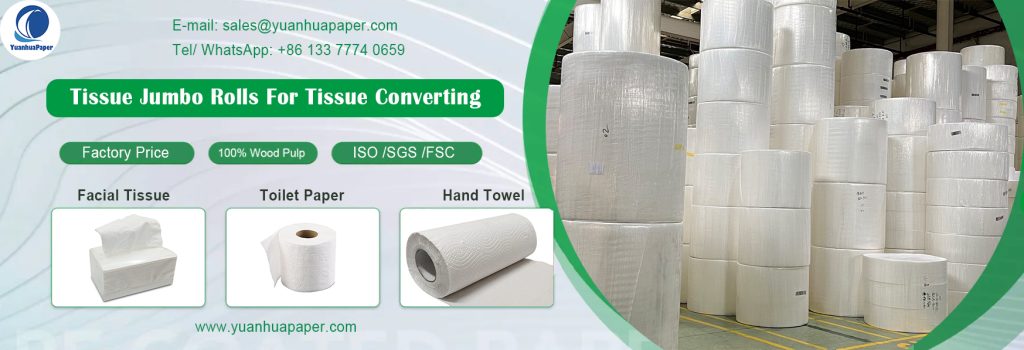
Keys to success for Tissue Paper Business
Despite these challenges, there are some keys to success that can help a tissue paper business thrive in Africa. One of the keys is strategic business location close to target markets. By choosing a location that has a high demand and low supply of tissue paper products, a tissue paper business can reduce the transportation and distribution costs and increase the customer satisfaction and loyalty. Another key is focus on efficiency and cost control. By optimizing the production process and reducing the waste and energy consumption, a tissue paper business can lower the production costs and increase the profit margin. A third key is building relationships with local suppliers and distributors. By sourcing the raw materials and selling the products through local partners, a tissue paper business can reduce the dependence on imports and exports and benefit from the local knowledge and network. A fourth key is adapting products for local consumer preferences. By offering products that suit the needs and tastes of the local customers, such as different sizes, colors, patterns, and fragrances, a tissue paper business can differentiate itself from the competitors and increase the customer satisfaction and loyalty. A fifth key is starting small and reinvesting profits to grow. By starting with a small scale and a niche market, a tissue paper business can test the market demand and feedback and avoid taking too much risk and debt. By reinvesting the profits into expanding the production capacity, product range, and market reach, a tissue paper business can grow gradually and sustainably.
Conclusion
In conclusion, a personal small business of tissue paper can be profitable in Africa states if it can take advantage of the opportunities and overcome the challenges in the market. However, before starting such a business, it is important to assess the market demand, costs, and risks for a specific location and product segment. With proper planning and execution, tissue paper businesses can be successful in the right African markets.

